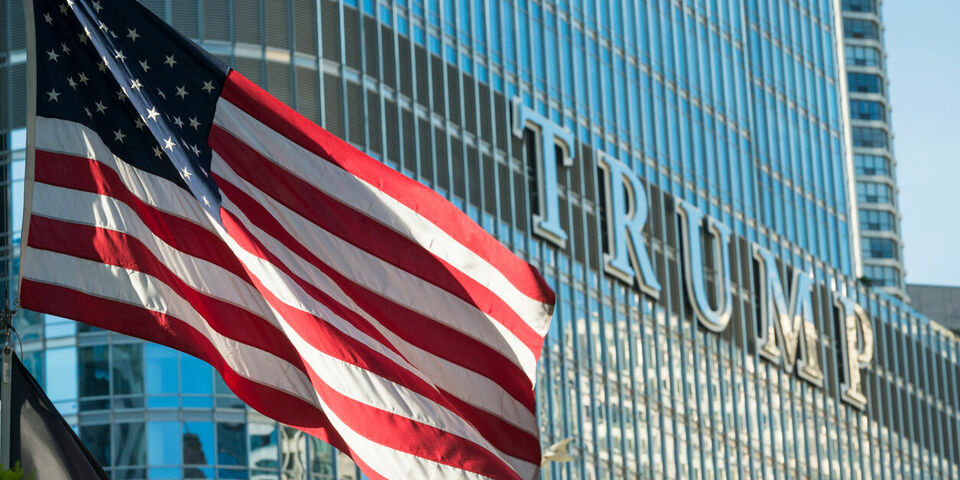Trump’s attack on science also affects the Netherlands
Donald Trump’s anti-science policies are having serious consequences for Dutch researchers as well, according to a survey conducted by press agency HOP, NU.nl, platform Investico, and De Groene Amsterdammer. One-third of respondents report experiencing direct effects of Trump’s policies.
Since Donald Trump took office as President of the United States, he has undermined academic freedom in numerous ways. This shift in direction is also being felt in the Netherlands, as revealed by a survey of over two hundred researchers from twelve different universities.
One-third of all respondents say they are noticing the effects. Collaborations with American scientists are being suspended, conferences are canceled, or they see research funding disappear.
Seventeen researchers report that certain datasets and/or software are no longer accessible due to changes at American scientific institutions. They specifically mention two major U.S. programs in the fields of climate and health science.
Terminated grants
In addition to commonly mentioned fields like climate science and gender studies, areas such as history, political science, paleontology, and computer science are also affected. In some cases, researchers feel the impact financially: 22 respondents say that promised grants have been terminated, withdrawn—such as from the National Institutes of Health (NIH)—or have become uncertain.
Universities have yet to issue a collective response to these developments. Follow-up interviews show that researchers often don’t know who to turn to for advice, for instance, on international travel, lost funding, or safeguarding data.
General advice
Most universities do offer general guidelines. For example, they advise staff not to fill out U.S.-based questionnaires about their research. This caused quite a stir when two researchers from Wageningen University received such a questionnaire in their inboxes.
Researchers can also seek help from policy advisors, supervisors, knowledge security experts, and the like. In Rotterdam, there is a dedicated contact point for students and researchers planning to travel to the U.S. Groningen is working on a general reporting point, but it is not yet in place.
TU/e also supports staff and students with questions and advice. For instance, TU/e’s International Office follows an adapted travel advisory for students wanting to go on exchange to the U.S. The university’s General Affairs department has formed a team to support researchers. Additionally, researchers have been advised not to fill out politically sensitive questionnaires for the time being and to instead consult the Executive Board.
Will the U.S. situation spread?
The question remains whether the situation in the U.S. will spill over into the Netherlands. We asked survey respondents: aside from national budget cuts, do you feel the academic climate in the Netherlands is changing as well? Most say no (“Not yet,” one respondent notes), but 76 out of 210 do see a shift.
On Tuesday, May 21, the Royal Netherlands Academy of Arts and Sciences (KNAW) will host an evening on this topic at De Balie in Amsterdam, including a presentation of this research.


Discussion